Explore a variety of opera images on this page. Enjoy stunning visuals of opera performances, singers, and more.
#architecture16075 #woman209940 #ai13531 #blueeyes10493 #clouds15864 #winter12785 #water19403 #flowinghair10758 More...
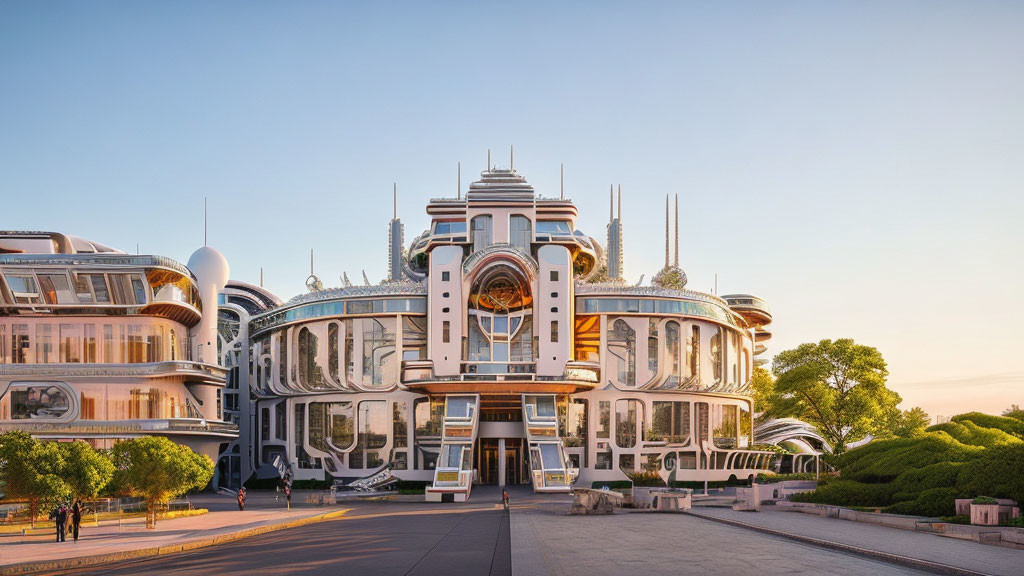
Ukraine, Kotsiubiiv, Kotsiubiiv O & B Theater
Model: Artistic
Size: 1024 X 576 (0.59 MP)
Used settings:
Would you like to report this Dream as inappropriate?
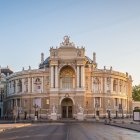 137w
137w
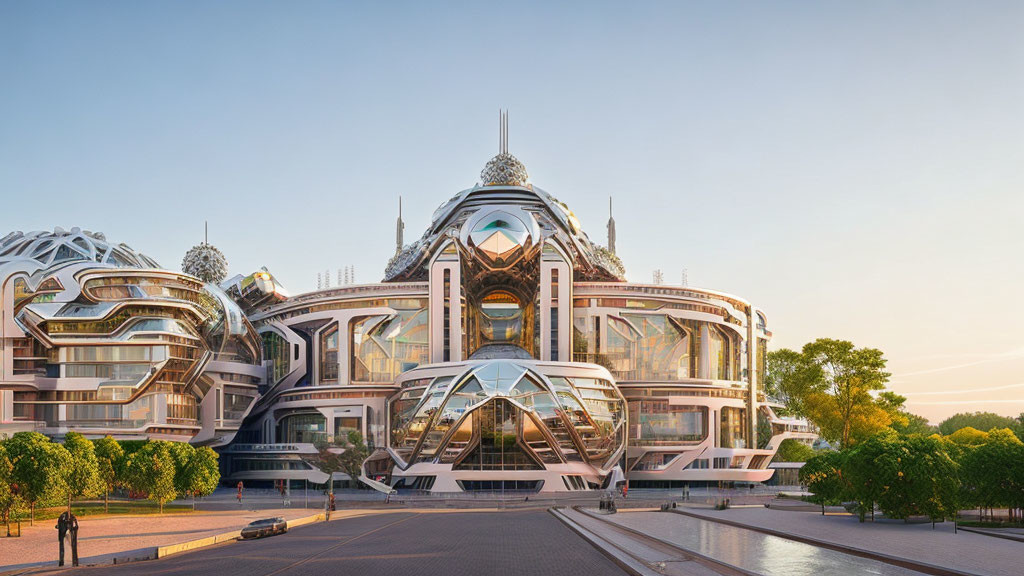
Ukraine, Kotsiubiiv, Kotsiubiiv O & B Theater
Model: Artistic
Size: 1024 X 576 (0.59 MP)
Used settings:
Would you like to report this Dream as inappropriate?
 137w
137w
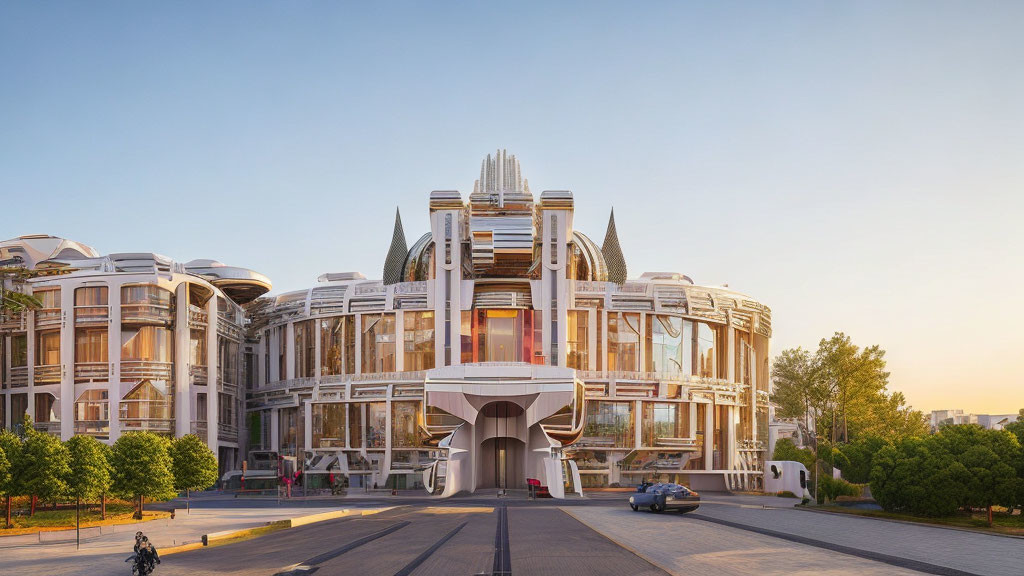
Ukraine, Kotsiubiiv, Kotsiubiiv O & B Theater
Model: Artistic
Size: 1024 X 576 (0.59 MP)
Used settings:
Would you like to report this Dream as inappropriate?
 137w
137w
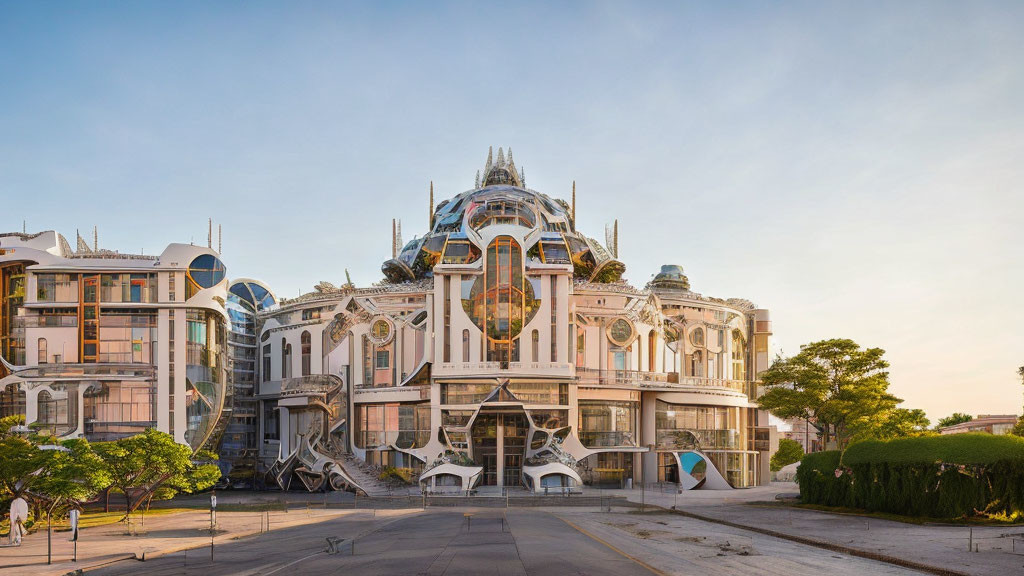
Ukraine, Kotsiubiiv, Kotsiubiiv O & B Theater
Model: Artistic
Size: 1024 X 576 (0.59 MP)
Used settings:
Would you like to report this Dream as inappropriate?
 137w
137w
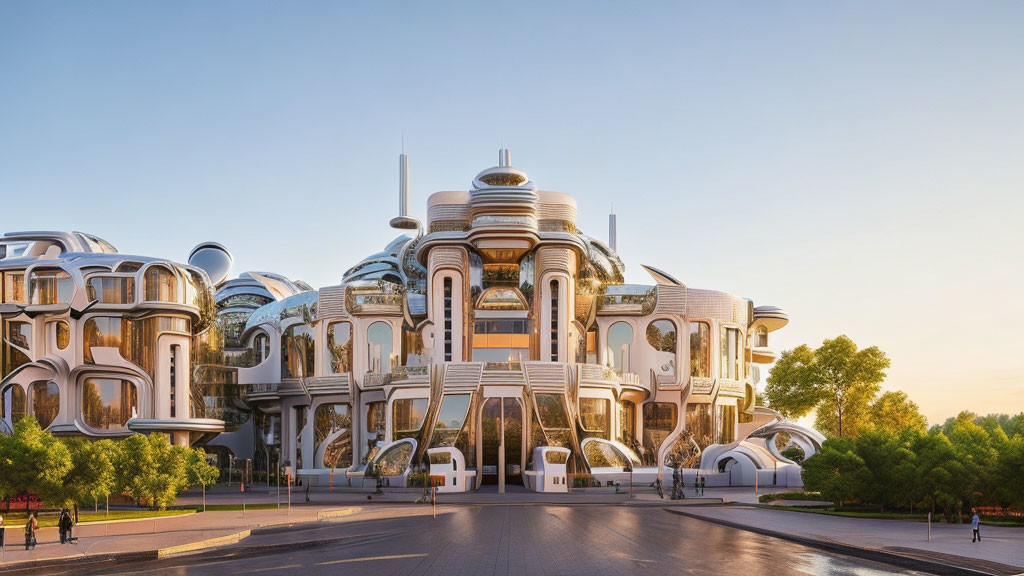
Ukraine, Kotsiubiiv, Kotsiubiiv O & B Theater
Model: Artistic
Size: 1024 X 576 (0.59 MP)
Used settings:
Would you like to report this Dream as inappropriate?
 137w
137w
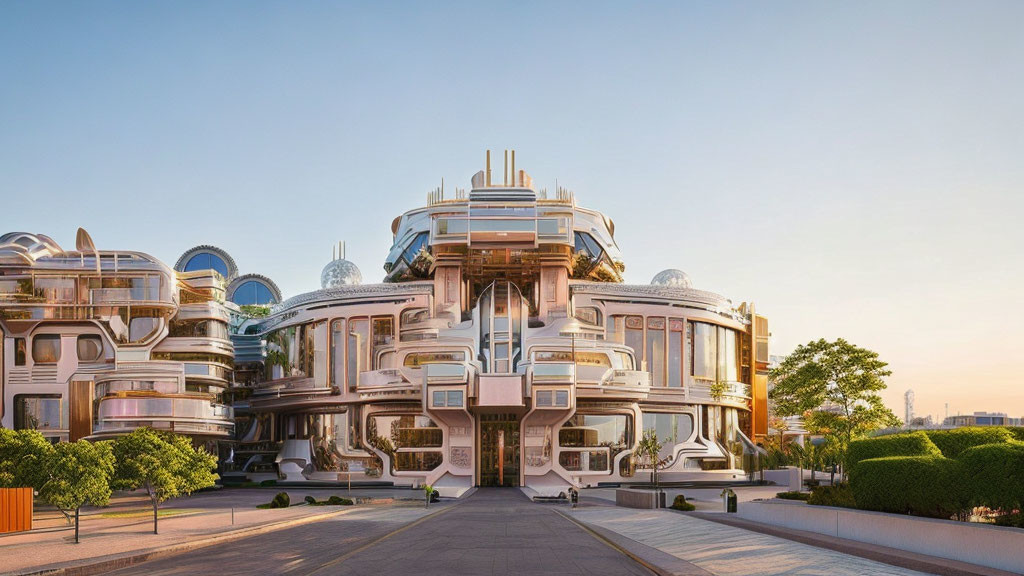
Ukraine, Kotsiubiiv, Kotsiubiiv O & B Theater
Model: Artistic
Size: 1024 X 576 (0.59 MP)
Used settings:
Would you like to report this Dream as inappropriate?
 137w
137w
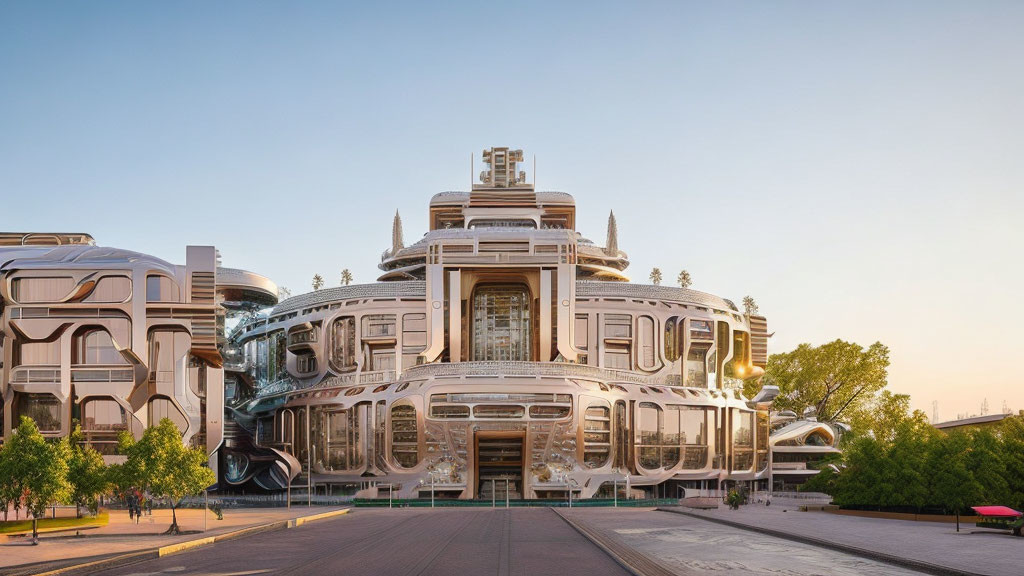
Ukraine, Kotsiubiiv, Kotsiubiiv O & B Theater
Model: Artistic
Size: 1024 X 576 (0.59 MP)
Used settings:
Would you like to report this Dream as inappropriate?
 137w
137w
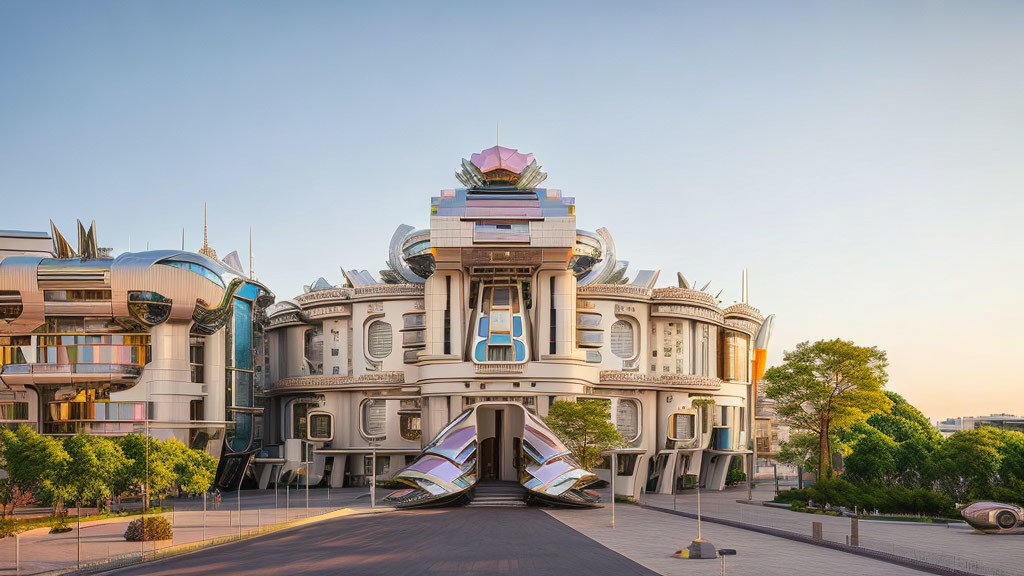
Ukraine, Kotsiubiiv, Kotsiubiiv O & B Theater
Model: Artistic
Size: 1024 X 576 (0.59 MP)
Used settings:
Would you like to report this Dream as inappropriate?
 137w
137w
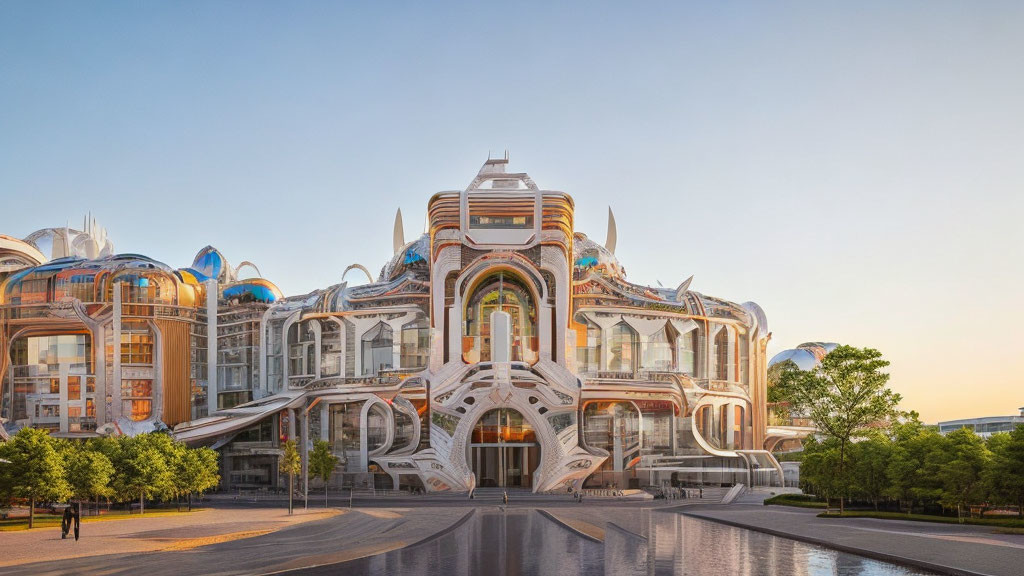
Ukraine, Kotsiubiiv, Kotsiubiiv O & B Theater
Model: Artistic
Size: 1024 X 576 (0.59 MP)
Used settings:
Would you like to report this Dream as inappropriate?
 137w
137w
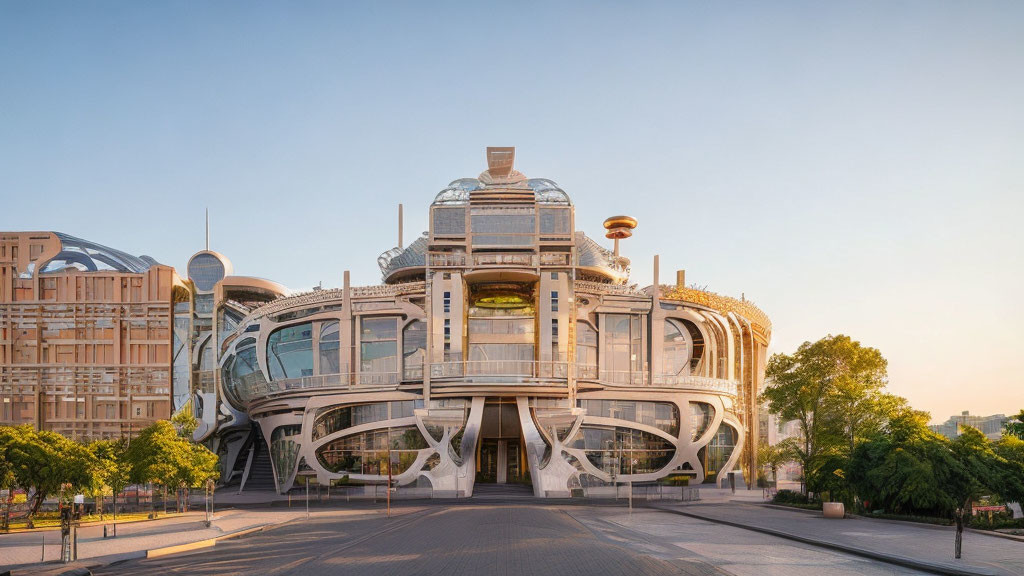
Ukraine, Kotsiubiiv, Kotsiubiiv O & B Theater
Model: Artistic
Size: 1024 X 576 (0.59 MP)
Used settings:
Would you like to report this Dream as inappropriate?
 137w
137w
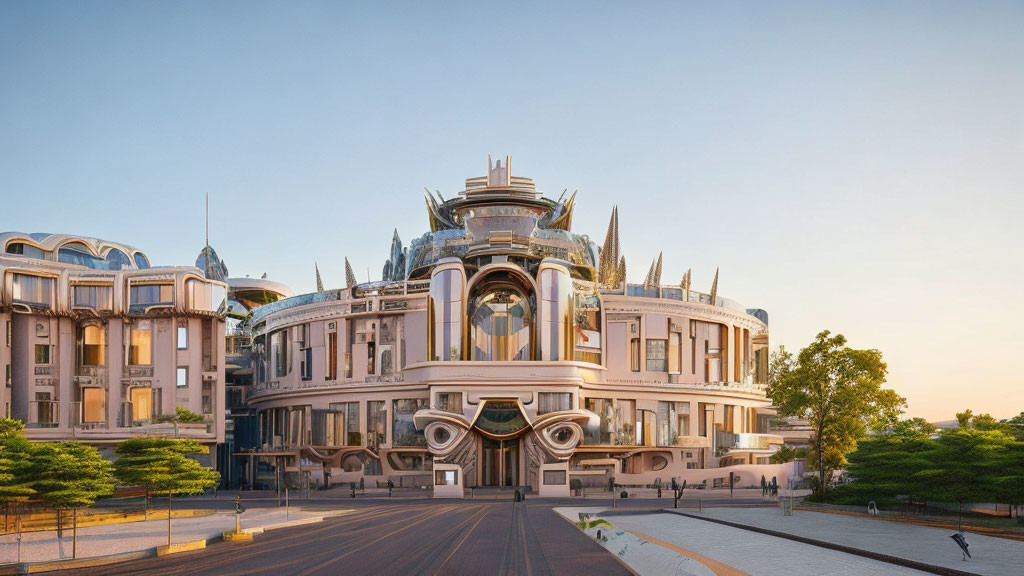
Ukraine, Kotsiubiiv, Kotsiubiiv O & B Theater
Model: Artistic
Size: 1024 X 576 (0.59 MP)
Used settings:
Would you like to report this Dream as inappropriate?
 137w
137w
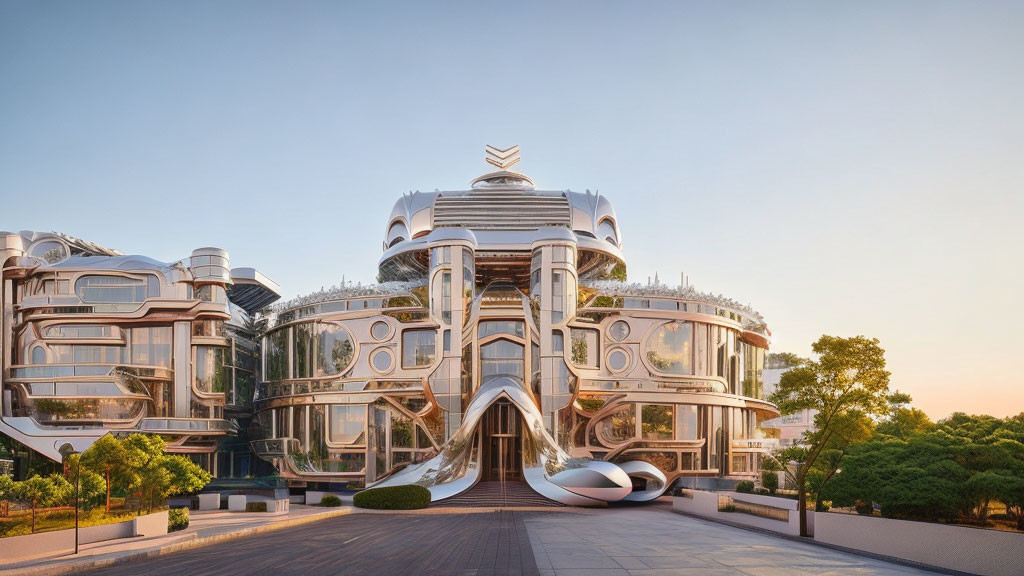
Ukraine, Kotsiubiiv, Kotsiubiiv O & B Theater
Model: Artistic
Size: 1024 X 576 (0.59 MP)
Used settings:
Would you like to report this Dream as inappropriate?
 137w
137w
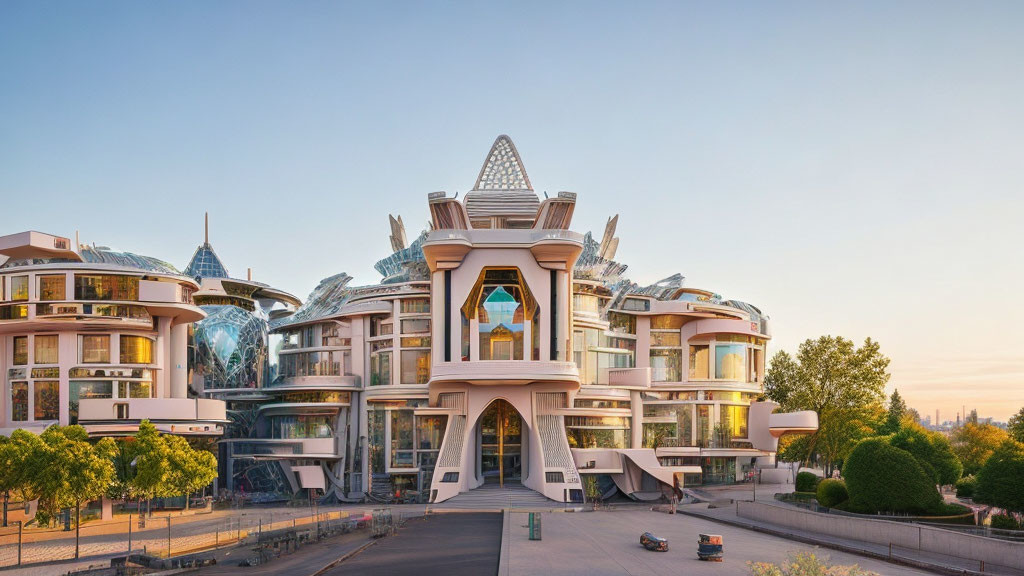
Ukraine, Kotsiubiiv, Kotsiubiiv O & B Theater
Model: Artistic
Size: 1024 X 576 (0.59 MP)
Used settings:
Would you like to report this Dream as inappropriate?
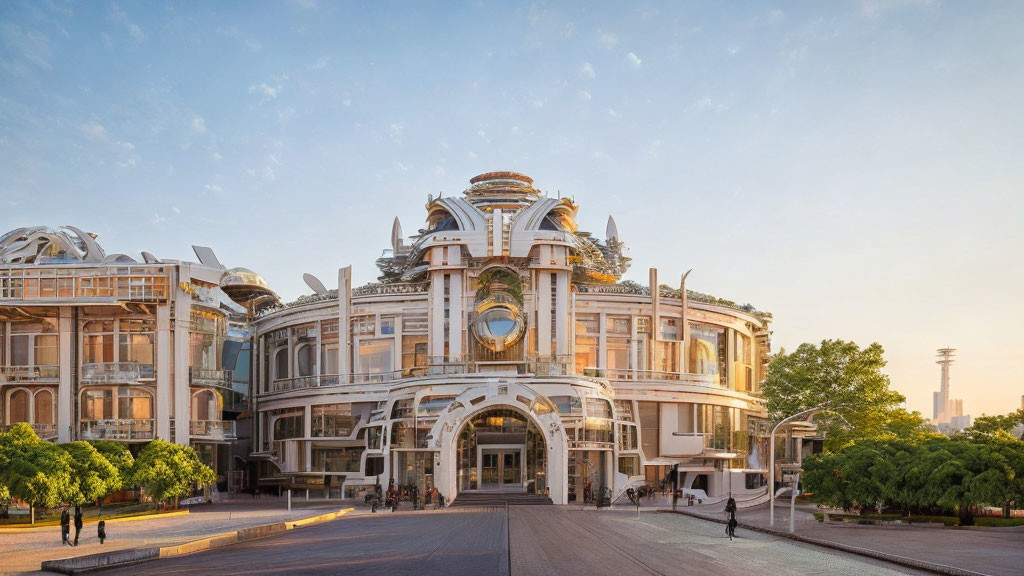
Ukraine, Kotsiubiiv, Kotsiubiiv O & B Theater
Model: Artistic
Size: 1024 X 576 (0.59 MP)
Used settings:
Would you like to report this Dream as inappropriate?
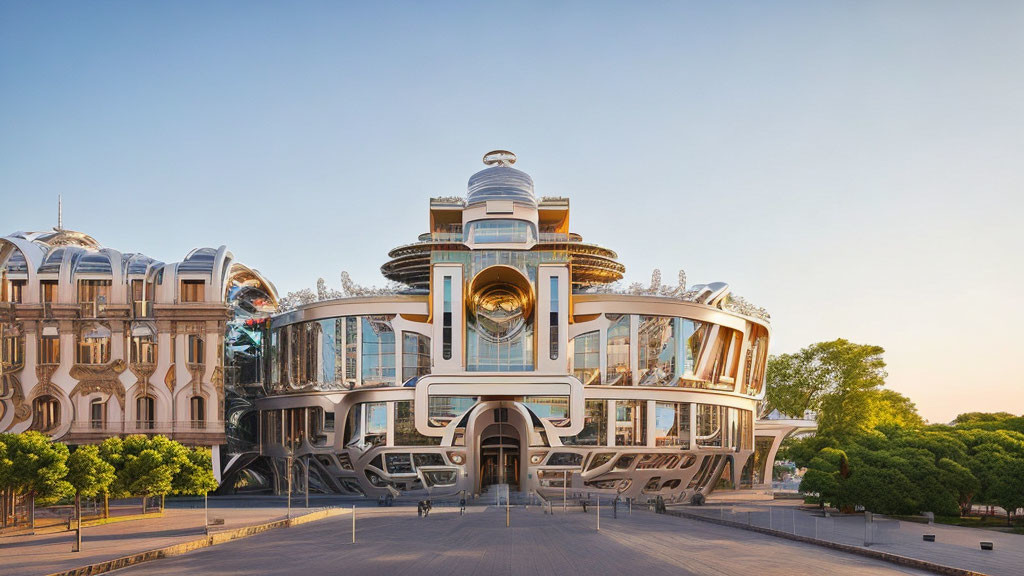
Ukraine, Kotsiubiiv, Kotsiubiiv O & B Theater
Model: Artistic
Size: 1024 X 576 (0.59 MP)
Used settings:
Would you like to report this Dream as inappropriate?
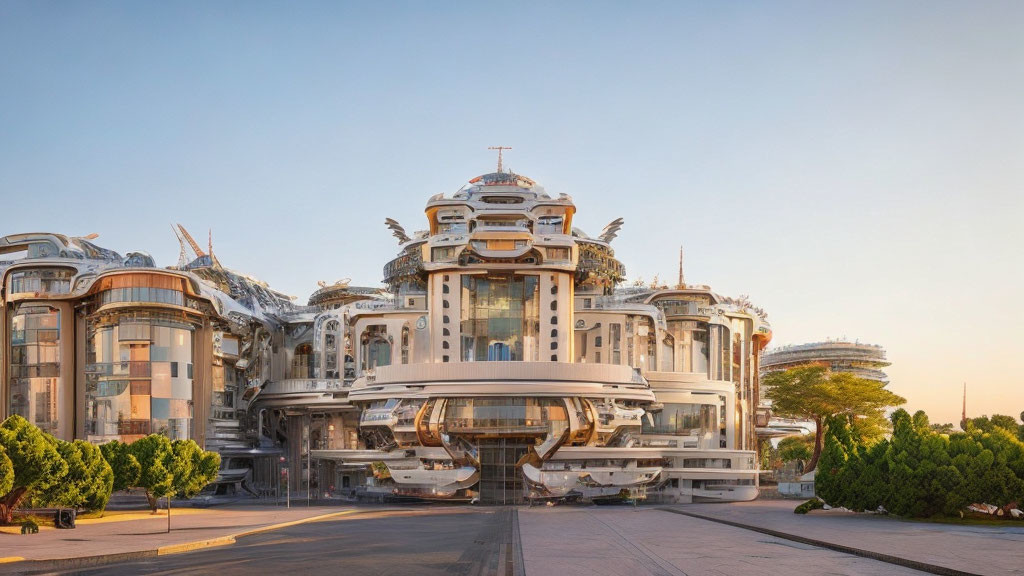
Ukraine, Kotsiubiiv, Kotsiubiiv O & B Theater
Model: Artistic
Size: 1024 X 576 (0.59 MP)
Used settings:
Would you like to report this Dream as inappropriate?
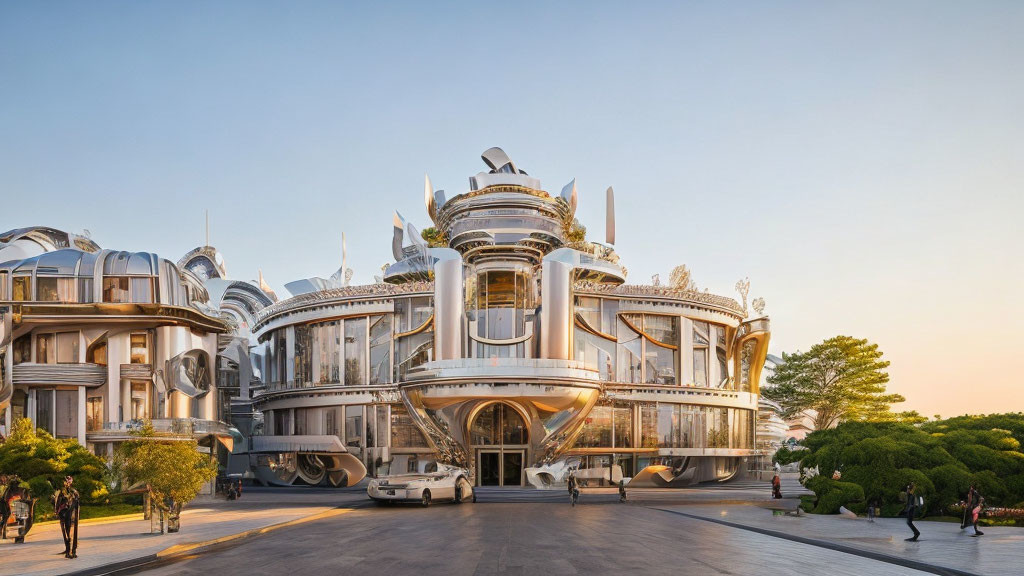
Ukraine, Kotsiubiiv, Kotsiubiiv O & B Theater
Model: Artistic
Size: 1024 X 576 (0.59 MP)
Used settings:
Would you like to report this Dream as inappropriate?
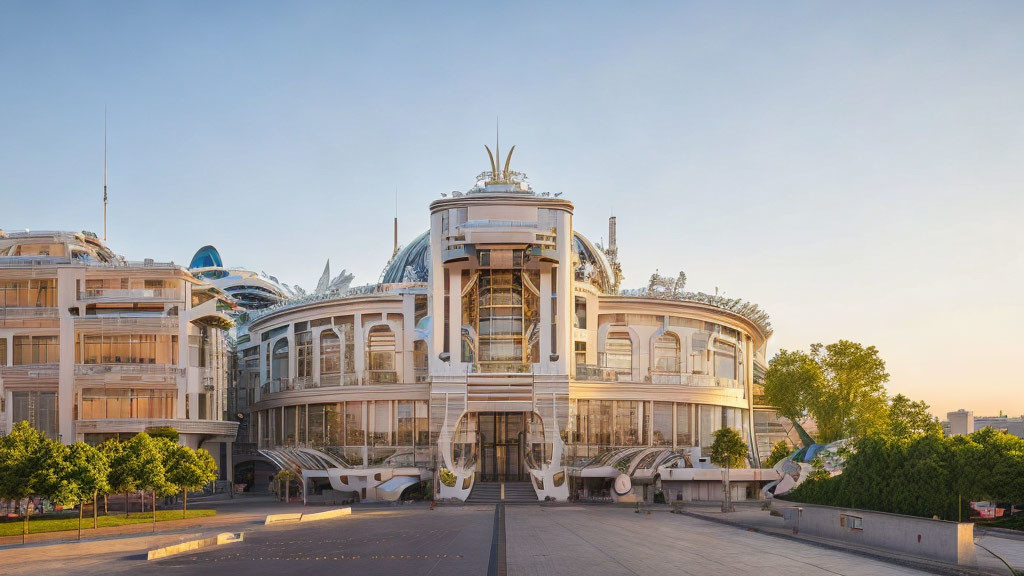
Ukraine, Kotsiubiiv, Kotsiubiiv O & B Theater
Model: Artistic
Size: 1024 X 576 (0.59 MP)
Used settings:
Would you like to report this Dream as inappropriate?
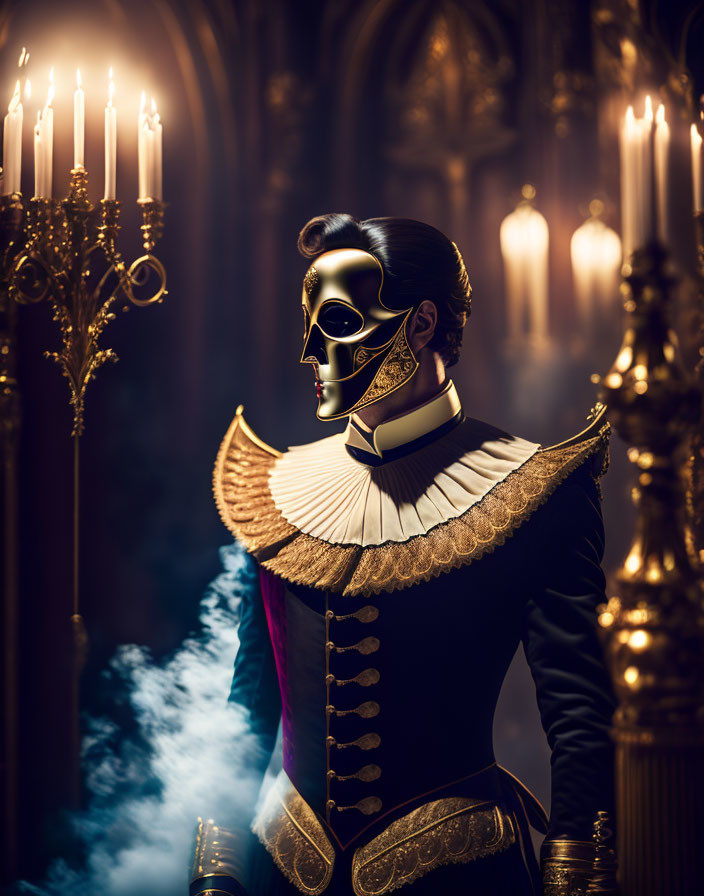
Erick
Model: Artistic
Size: 704 X 896 (0.63 MP)
Used settings:
Would you like to report this Dream as inappropriate?
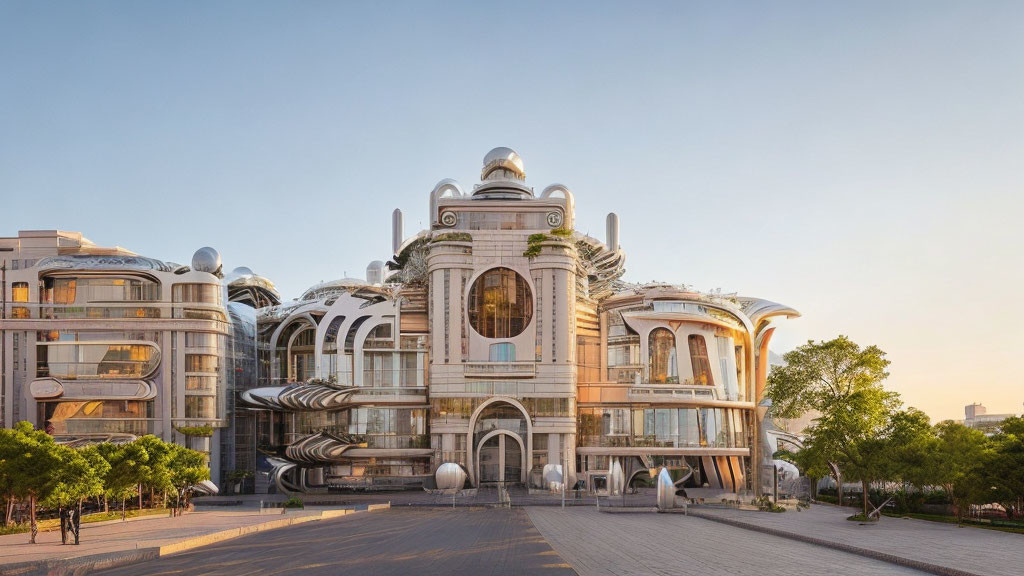
Ukraine, Kotsiubiiv, Kotsiubiiv O & B Theater
Model: Artistic
Size: 1024 X 576 (0.59 MP)
Used settings:
Would you like to report this Dream as inappropriate?
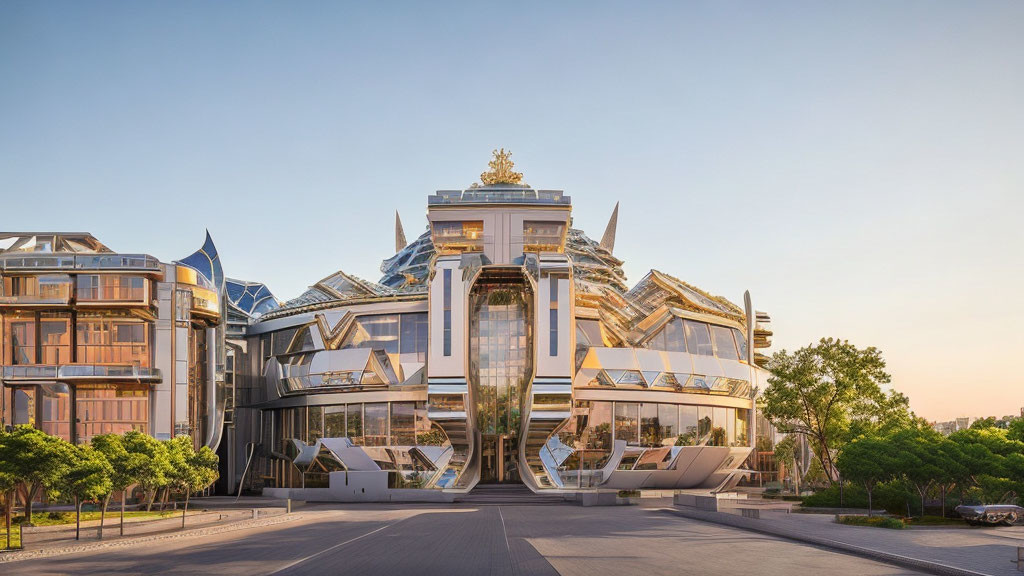
Ukraine, Kotsiubiiv, Kotsiubiiv O & B Theater
Model: Artistic
Size: 1024 X 576 (0.59 MP)
Used settings:
Would you like to report this Dream as inappropriate?
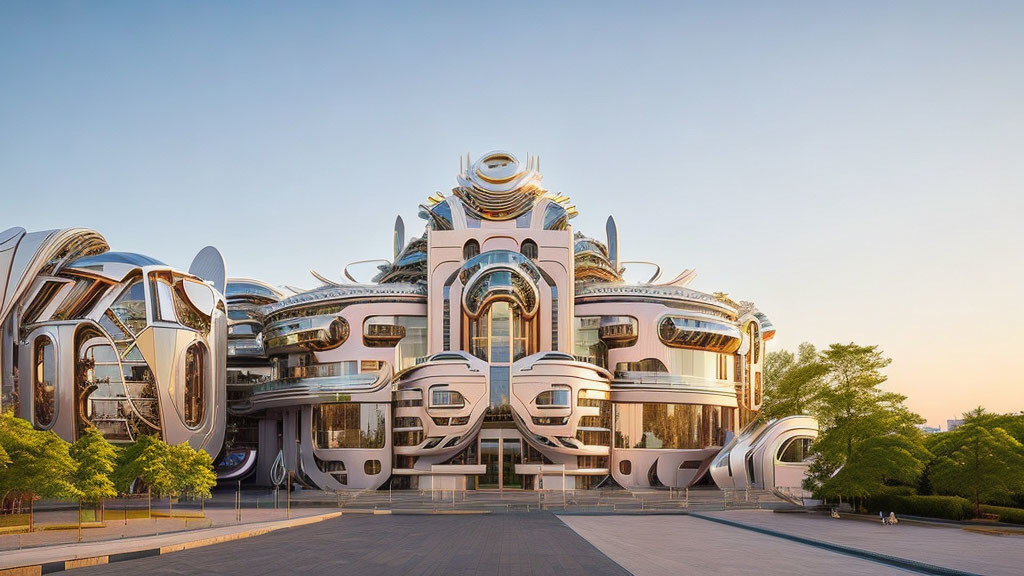
Ukraine, Kotsiubiiv, Kotsiubiiv O & B Theater
Model: Artistic
Size: 1024 X 576 (0.59 MP)
Used settings:
Would you like to report this Dream as inappropriate?
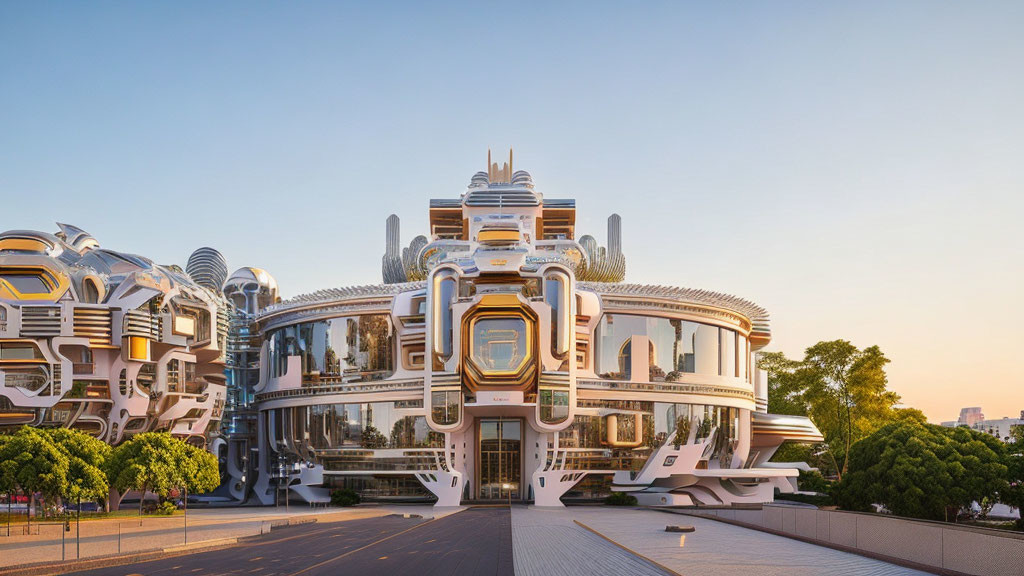
Ukraine, Kotsiubiiv, Kotsiubiiv O & B Theater
Model: Artistic
Size: 1024 X 576 (0.59 MP)
Used settings:
Would you like to report this Dream as inappropriate?
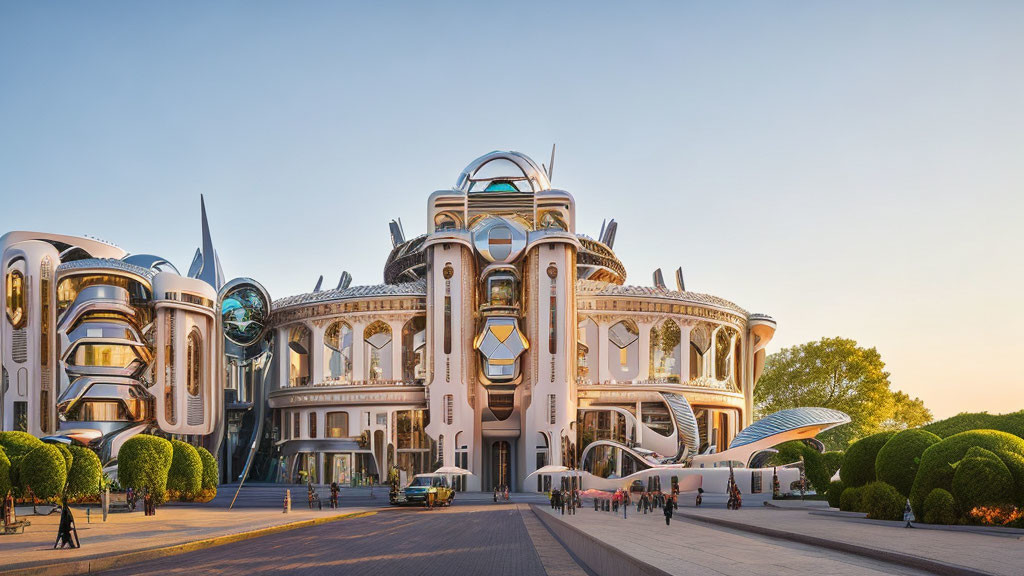
Ukraine, Kotsiubiiv, Kotsiubiiv O & B Theater
Model: Artistic
Size: 1024 X 576 (0.59 MP)
Used settings:
Would you like to report this Dream as inappropriate?
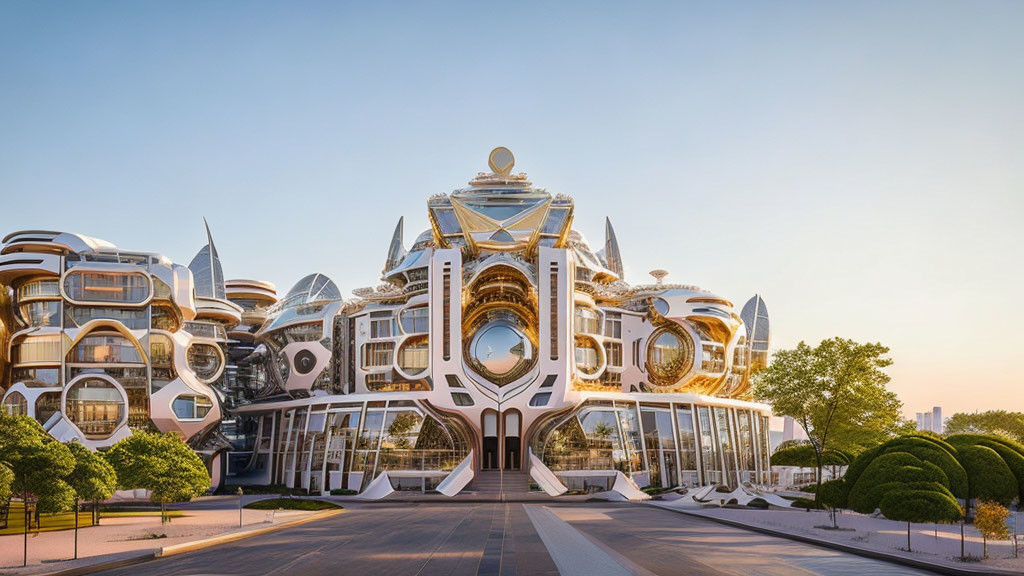
Ukraine, Kotsiubiiv, Kotsiubiiv O & B Theater
Model: Artistic
Size: 1024 X 576 (0.59 MP)
Used settings:
Would you like to report this Dream as inappropriate?
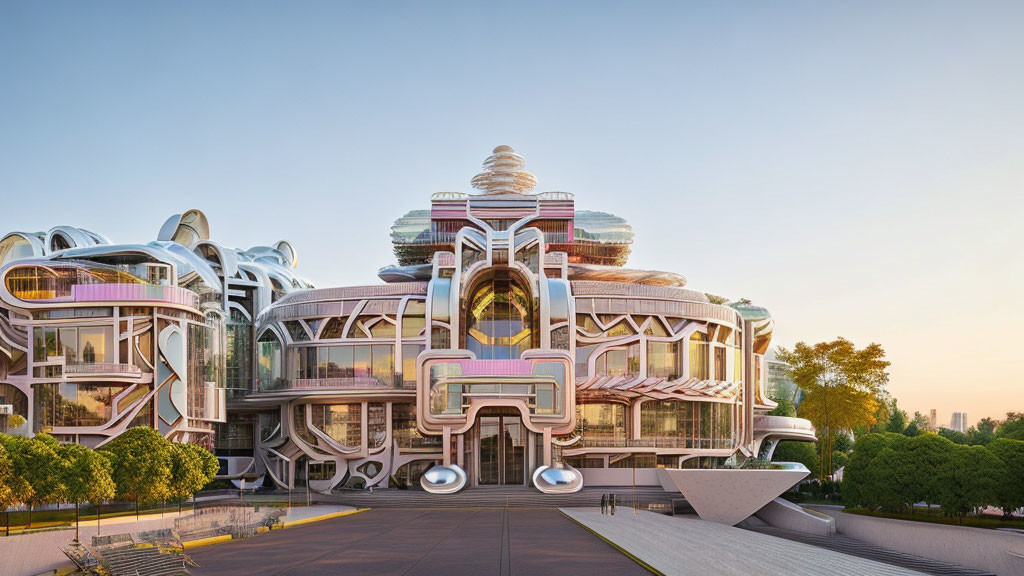
Ukraine, Kotsiubiiv, Kotsiubiiv O & B Theater
Model: Artistic
Size: 1024 X 576 (0.59 MP)
Used settings:
Would you like to report this Dream as inappropriate?
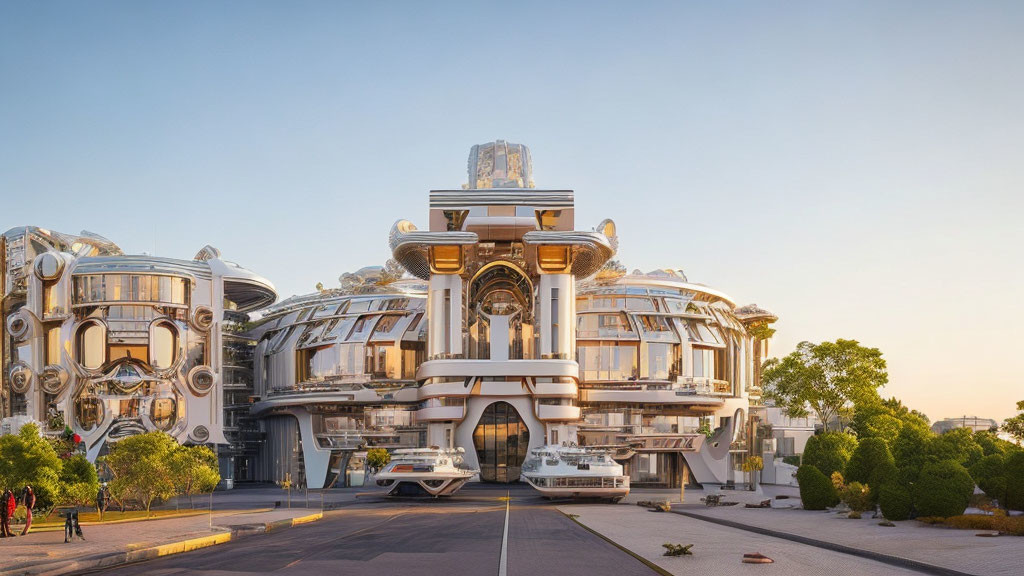
Ukraine, Kotsiubiiv, Kotsiubiiv O & B Theater
Model: Artistic
Size: 1024 X 576 (0.59 MP)
Used settings:
Would you like to report this Dream as inappropriate?
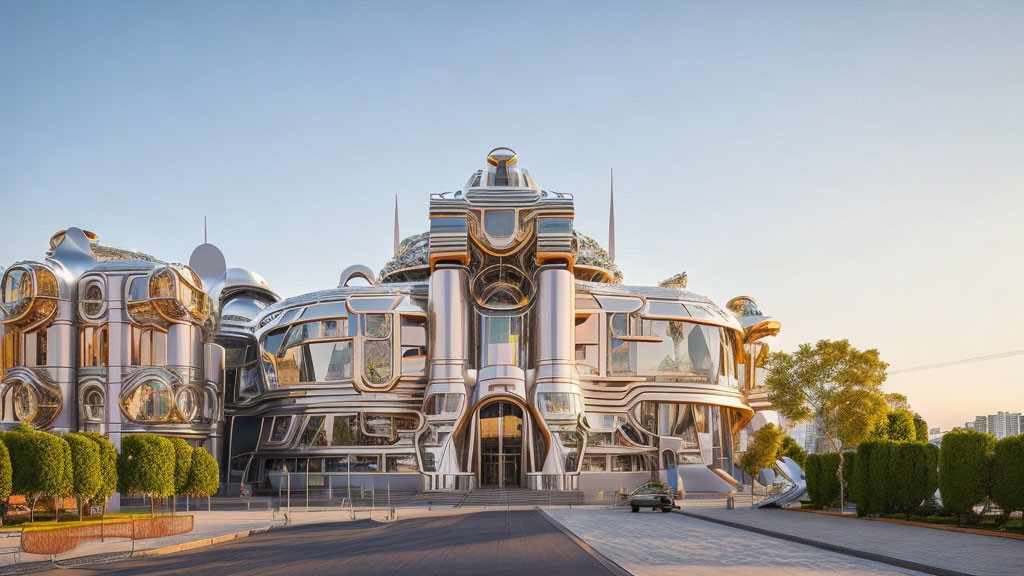
Ukraine, Kotsiubiiv, Kotsiubiiv O & B Theater
Model: Artistic
Size: 1024 X 576 (0.59 MP)
Used settings:
Would you like to report this Dream as inappropriate?
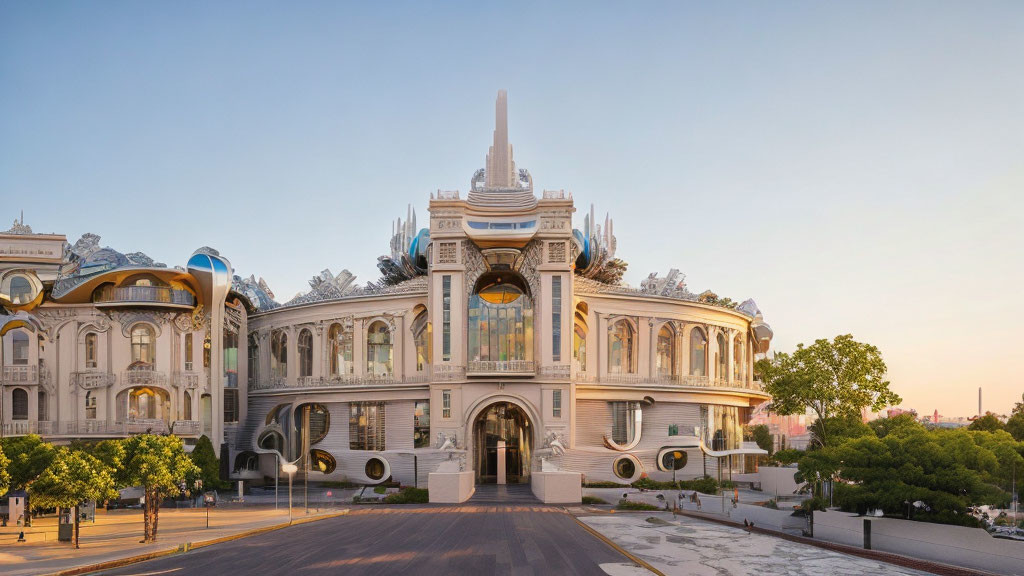
Ukraine, Kotsiubiiv, Kotsiubiiv O & B Theater
Model: Artistic
Size: 1024 X 576 (0.59 MP)
Used settings:
Would you like to report this Dream as inappropriate?
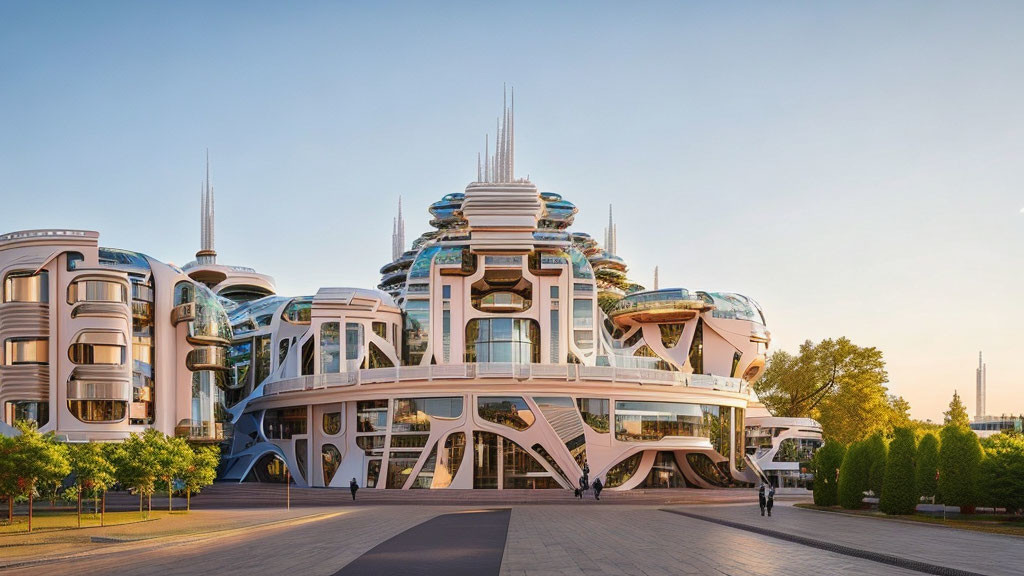
Ukraine, Kotsiubiiv, Kotsiubiiv O & B Theater
Model: Artistic
Size: 1024 X 576 (0.59 MP)
Used settings:
Would you like to report this Dream as inappropriate?
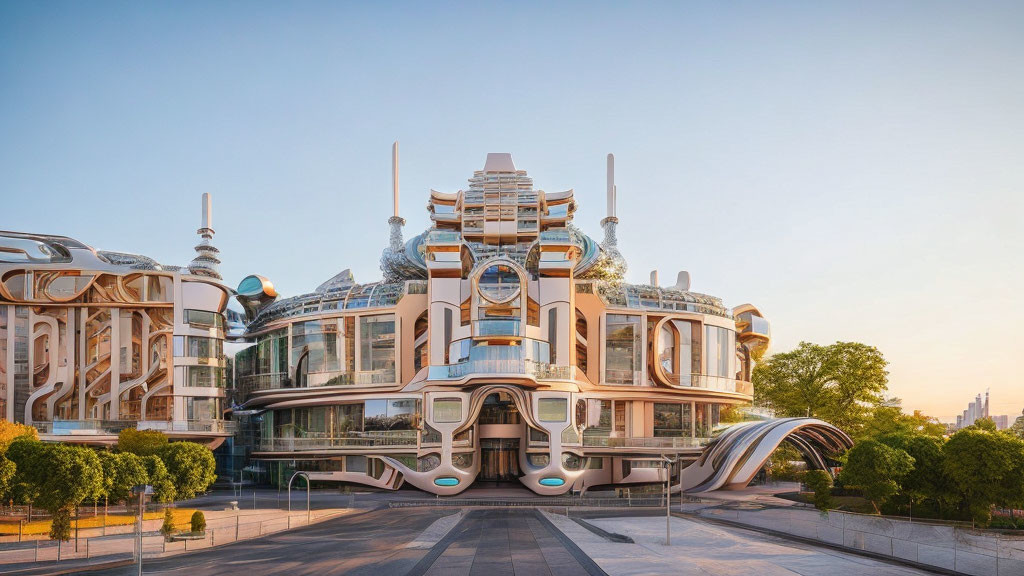
Ukraine, Kotsiubiiv, Kotsiubiiv O & B Theater
Model: Artistic
Size: 1024 X 576 (0.59 MP)
Used settings:
Would you like to report this Dream as inappropriate?
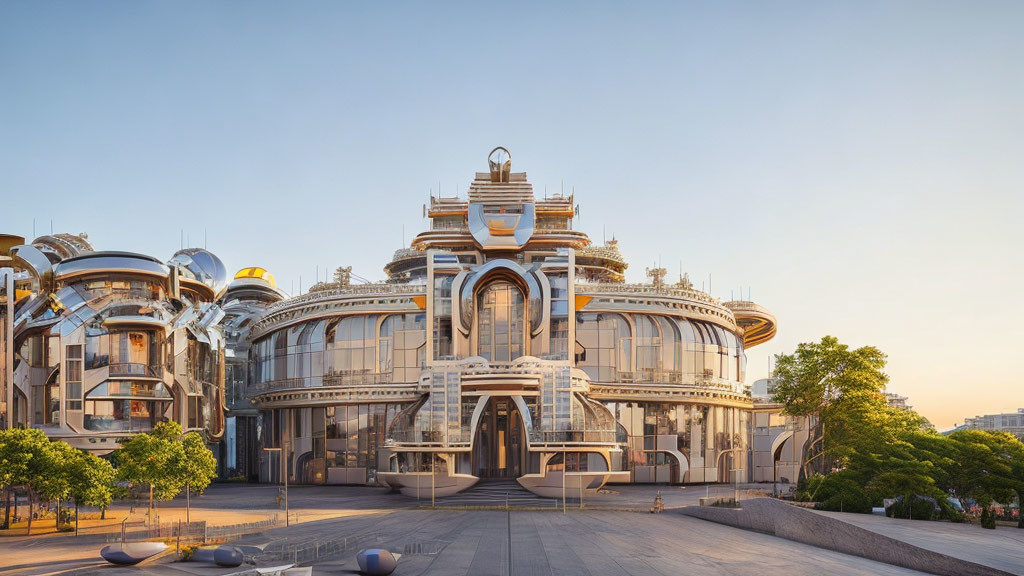
Ukraine, Kotsiubiiv, Kotsiubiiv O & B Theater
Model: Artistic
Size: 1024 X 576 (0.59 MP)
Used settings:
Would you like to report this Dream as inappropriate?
Dream Level: is increased each time when you "Go Deeper" into the dream. Each new level is harder to achieve and takes more iterations than the one before.
Rare Deep Dream: is any dream which went deeper than level 6.
You cannot go deeper into someone else's dream. You must create your own.
Currently going deeper is available only for Deep Dreams.